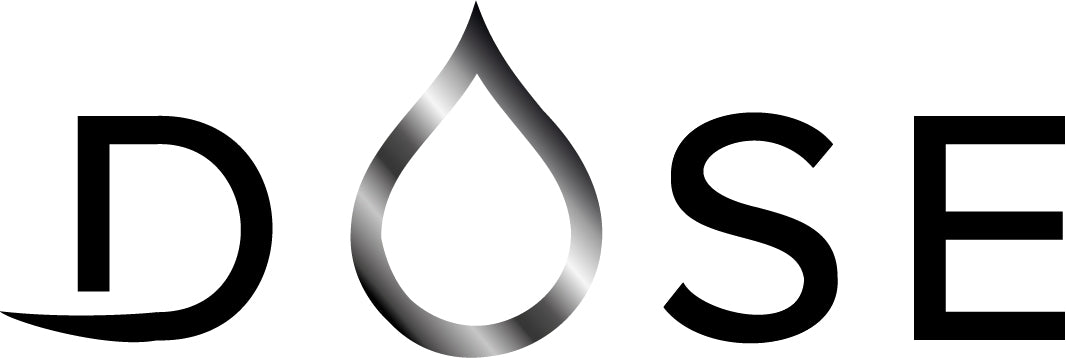Will supplements help with hair loss?
There’s no evidence to suggest that supplements can be of benefit in treating hair loss, unless you are deficient in a specific nutrient. If you have unexplained hair loss, a blood test can highlight any undiagnosed deficiencies and then it might be appropriate to use targeted supplementation to correct these.
If you have a restrictive diet — such as a vegetarian or vegan diet — you may be more likely to be deficient in vitamin D, zinc, vitamin B12 and ferritin, which is how your body stores iron. These can all have an impact on hair growth and so are worth testing for, but even then, adjusting your diet — with the help of a nutritionist (find one via the British Association for Nutrition & Lifestyle Medicine or our directory) if necessary — is the most sustainable way of addressing deficiencies.
Can diet improve hair loss?
When it comes to diet and hair loss, the most important thing is to ensure that you’re including all of the macronutrients — protein, carbohydrate, fat — and micro-nutrients — such as iron, calcium, zinc and vitamins — at the appropriate levels. The British Nutrition Foundation provides references for these, which can vary according to sex and age.
Beyond that, it doesn’t have to be complicated. You want a healthy balanced diet that uses complex carbohydrates — such as wholegrain pasta — rather than simple sugars to supply carbs, a variety of multi-coloured fruit and vegetables, good fats, and the recommended level of protein. Because hair is largely — 90% — composed of the protein keratin, it’s imperative that you’re getting all the essential amino acids — the building blocks of protein that the body can’t make itself — in your diet.
Does stress cause hair to fall out?
Because of the way that the stress hormones influence the immune cells and how they function in the skin, and scalp, stress can have an impact on hair growth, and hair loss. In some cases this can shock the follicles out of their usual hair growth cycle, resulting in telogen effluvium — or shedding. Or they might trigger auto-immune hair loss — where the body attacks the follicles — causing a patchy hair loss condition, known as alopecia areata.
Managing stress when you have hair loss is important because while you may initially have a form of hair loss that isn’t related to stress, the experience of hair loss can prove stressful resulting in a vicious cycle that perpetuates the hair loss. This is because even if the initial reasons for the hair loss have been addressed, regrowth can be delayed if stress isn’t well-managed.
In an ideal world, stress management would be preventative rather than reactive so that you are able to build up resilience to stress, rather than having to de-stress when you are acutely stressed. Stress management can look different for different people. For some it might be about yoga, meditation or breath work. For others it might be exercise, or spending time outdoors — it’s really about finding out what works for you.
Some people may require further professional help and, if you are struggling, a course of psychotherapy might be appropriate. Our directory, or the British Psychological Society, can help you find support local to you.
What’s the best haircare regime for hair loss?
To a certain extent, your haircare regime will depend on your hair type and lifestyle. For example, if your scalp is very greasy and oily, or if you’re exercising daily, you might want to wash your hair every day. But if your hair doesn’t tend to get greasy, or if you have textured hair, a weekly wash might be more appropriate.
When it comes to products, it’s worth remembering that shampoo is specifically for cleansing your scalp, not your hair, so your shampoo choice should be based on what your scalp requires.
- Oily scalp - Look for products that contain salicylic acid or clays, such as kaolin.
- Dandruff - Seek out medicated shampoos that contain piroctone olamine, selenium sulphide, tar or ketoconazole. Some people find they may need to rotate different shampoos to maintain efficacy.
- Hair loss - There is some evidence that using an anti-dandruff shampoo once a week can also help with the micro inflammation that can happen in the very early stages of genetic hair loss, so this is something anyone can incorporate into their routine.
If you’re already experiencing hair loss and want a more targeted shampoo to support that, look for products that contain sandalore, which has been shown to have an anchoring effect on the hair. Other ingredients that have some evidence to support them when it comes to hair loss include caffeine and saw palmetto as they can interrupt some of the hormone pathways that drive hair loss. Their action won’t be as potent as that of pharmaceutical ingredients such as minoxidil, but they can be considered as useful complements to your prescription-strength daily DOSE.
Any shampoo with ingredients specifically designed to target a scalp condition should be left on the scalp for two minutes to allow it to take effect.
The choice of conditioner is entirely personal — and it should be applied to mid-lengths and ends, not to the scalp.
